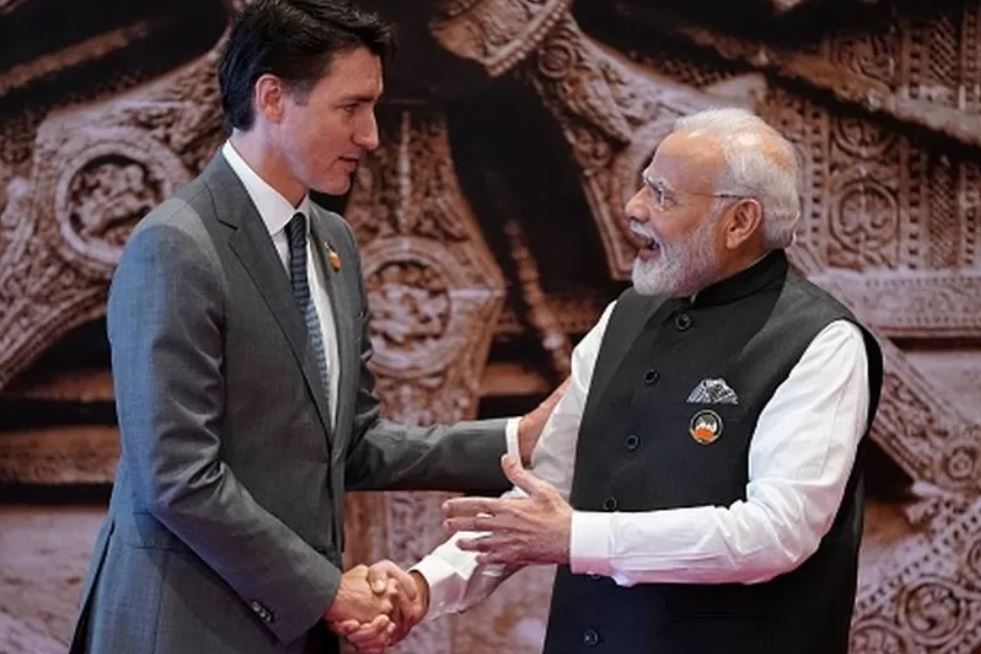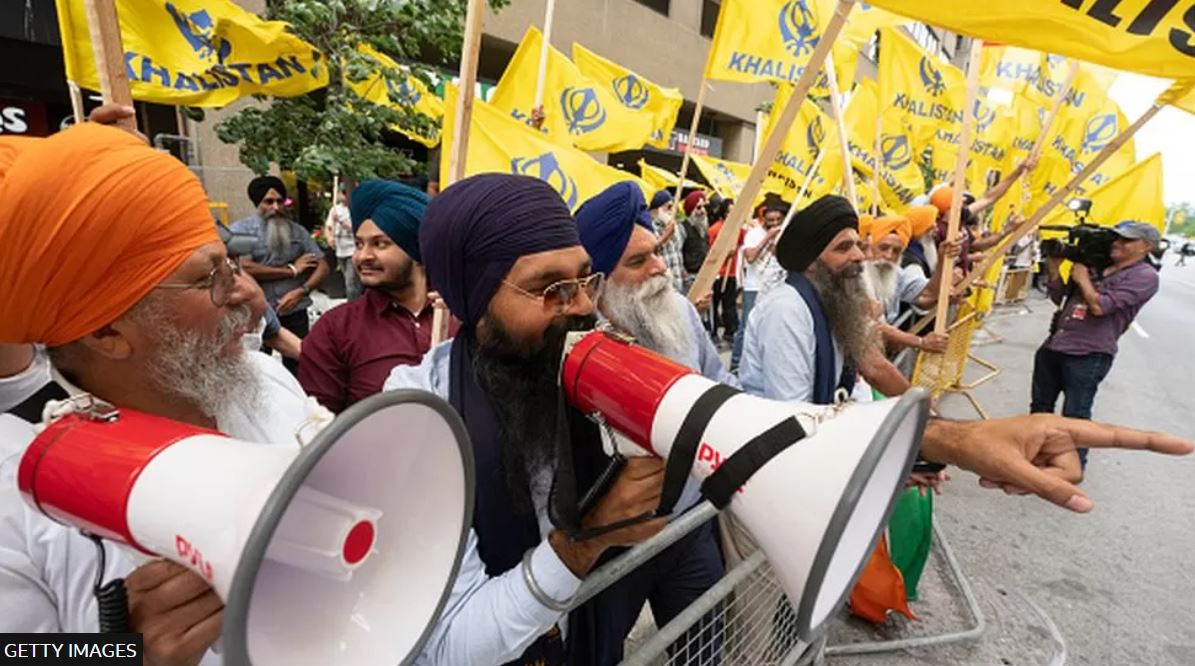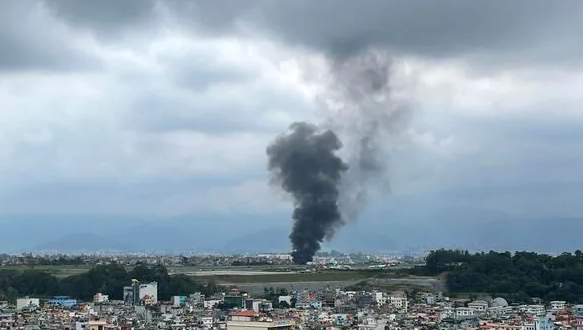“India Halts Visa Issuance for Canadian Citizens Amid Escalating Dispute Over Sikh Separatist’s Killing”
Amid a growing dispute over the assassination of a Sikh separatist in Canada, India has temporarily suspended the issuance of visas to Canadian citizens. India cited “security threats” that have disrupted its missions in Canada as the reason for this move, while Canadian visa services in India continue unaffected.
Tensions have surged after Canada’s leader suggested India’s potential involvement in the June 18 killing, an accusation vehemently denied by India. This development further strains the relationship between these two key trade and security partners, both of which are US allies, and analysts suggest that their relations are now at their lowest point in recent times.
The Indian government clarified that this suspension also extends to Canadians residing in a third country. A spokesperson from the Indian foreign affairs ministry in Delhi stated, “There have been threats made to our high commission [embassy] and consulates in Canada, disrupting their normal operations. Consequently, they are temporarily unable to process visa applications.” The spokesperson added, “India is seeking diplomatic parity in rank and strength between the two countries’ missions due to Canadian interference in our internal affairs.”

Canada responded by announcing a reduction in its personnel in India, citing threats received by some diplomats on social media. A statement from Canada stated, “Given the current heightened tensions, we are taking measures to ensure the safety of our diplomats.”
These actions have significant implications due to the historical close ties between the two nations. Canada has a substantial population of 1.4 million people of Indian origin, primarily Sikhs, comprising 3.7% of its population according to the 2021 census. Additionally, India sends the largest number of international students to Canada, constituting 40% of total overseas students in 2022.
The dispute erupted following Canada’s linkage of India to the murder of Sikh separatist leader Hardeep Singh Nijjar, a Canadian citizen who was fatally shot by two masked gunmen outside a Sikh temple in British Columbia. Prime Minister Justin Trudeau announced that Canadian intelligence agencies were investigating whether “agents of the government of India” were involved in Nijjar’s killing, despite India designating him a terrorist in 2020.
India strongly rejected these claims, asserting that Canada was attempting to divert attention from Khalistani terrorists and extremists given refuge in Canada. The Indian government has consistently reacted strongly to demands by Sikh separatists in Western countries for Khalistan, a separate Sikh homeland.
Although the Khalistan movement had its peak in India in the 1980s, it has lost traction in India but remains popular among some members of the Sikh diaspora in countries such as Canada, Australia, and the UK.



